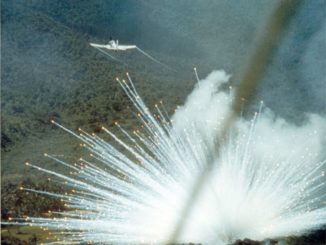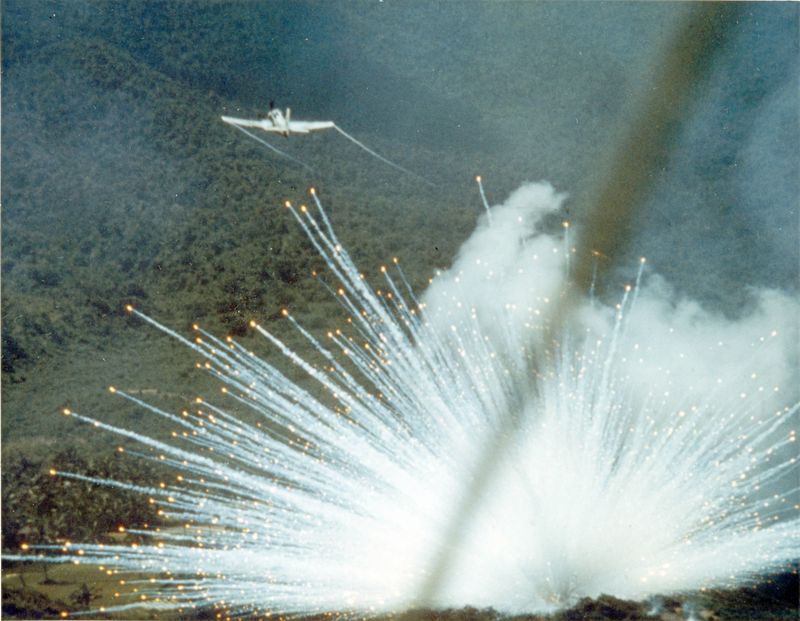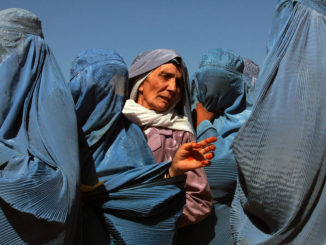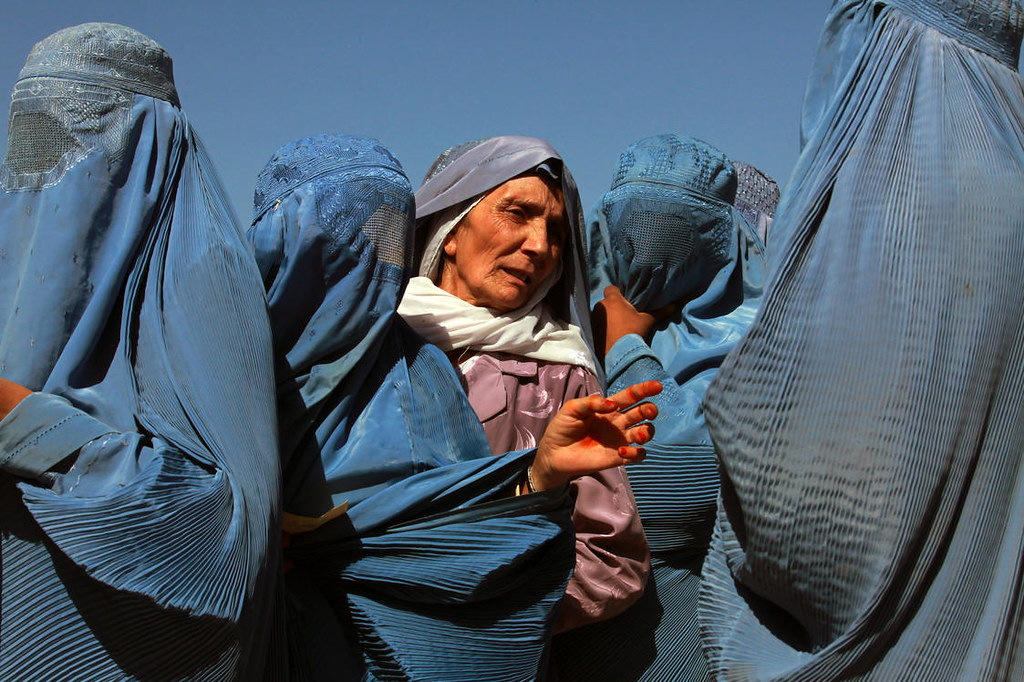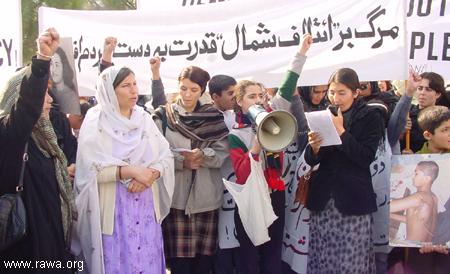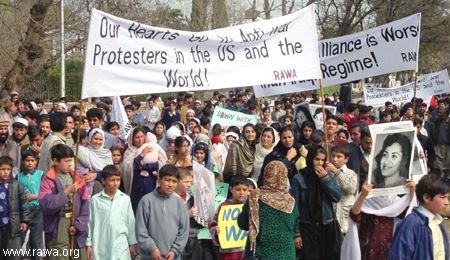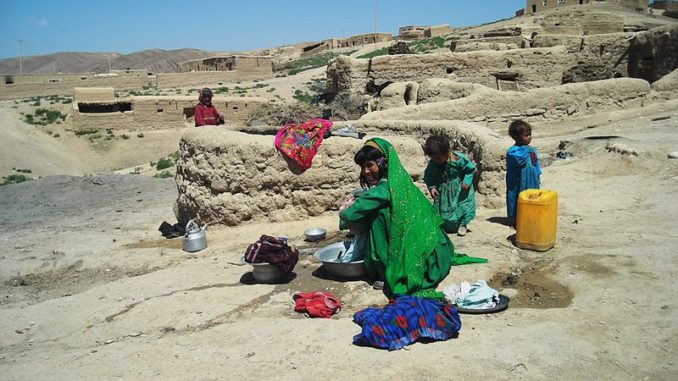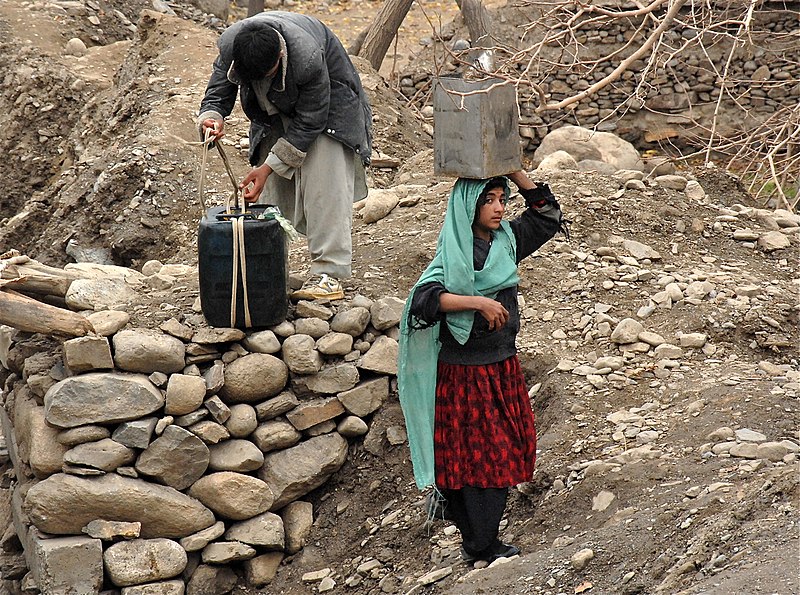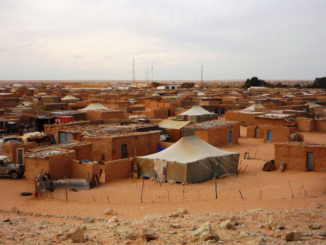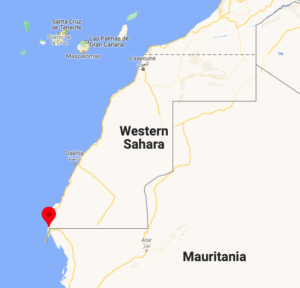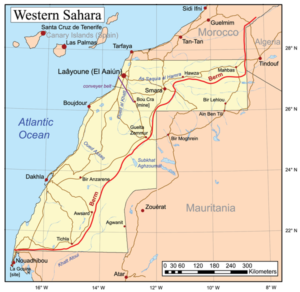
On the Ho Chi Minh Trail, by Sherry Buchanan (University of Chicago Press: Chicago, Illinois, 2021)
The U.S. war on Vietnam is one of the most popularly and publicly criticized U.S. wars in the West—perhaps only now being superseded by the wars on Iraq and Afghanistan. Many filmmakers took their shot at a “critical” portrayal of the imperialist conflict—Stanley Kubrick’s “Full Metal Jacket,” Oliver Stone’s “Platoon,” Francis Ford Coppola’s “Apocalypse Now” and so on. Though, the context behind the conflict, what happened during the war, its repercussions, and—most importantly—the Vietnamese people’s perspective all still remain widely misunderstood, misinterpreted, and vastly oversimplified in the minds of the majority of those who live in the belly of the beast (the U.S. empire).
This was the deficit which author Sherry Buchanan purported to, in part, address in her book, On the Ho Chi Minh Trail. The cover insert of the book explains:
“Buchanan reveals the stories of the women who defended the Trail against the sustained American bombing campaign—the most ferocious in modern warfare—and of the artists who drew them. She focuses on what life was really like for the women and men under fire, bringing a unique perspective to the history of the Vietnam War.”
The prospect of approaching the conflict from an art-centered perspective with a focus on the women who were absolutely vital to the trail—and, as such, the triumph of the revolution—was welcome, refreshing and exciting. However, throughout the book the author demonstrates her inability to remove her red-, white- and blue-colored glasses as well as a clear lack of understanding peoples’ liberation movements that struggle against imperialism, ultimately leaving the reader with an experience that is more trite than enlightening.

Buchanan’s book follows the author as she re-traces the trail—known locally as the Trường Sơn Road—from the north to south. The country was split in half during the war, with the north pumping out Vietnamese communist guerilla fighters and the south occupied by the U.S. military. Along the way, she visits historic sites and conducts interviews. Beginning in Hanoi, the author looks to loosely follow the trail as history unfolded. She visits Hòa Bình province, where revolutionaries trained before setting off on the trail, and the site of the infamous U.S. Marine Corps base at Khe Sanh. She takes us through the country of Laos, where the Trail Command had been headquartered during the Tết Offensive, and winds up in Ho Chi Minh City—the current name of Saigon, the former capital of the U.S.-backed puppet state, South Vietnam. Interviews with artists who traveled the trail as cultural troops for the People’s Army provide some fascinating anecdotes about life on the trail. Former combatants and youth volunteers shared stories of how they struggled against occupation and a bombing campaign that dwarfed the campaigns of the allies in WWII combined. During this war, 3 million people died. Most were Vietnamese, while only 58,000 were U.S. military personnel.
Despite the author’s ignorance, which prevented any contextualization of her interviews, their impact is nonetheless profound. By the end of the book, the collective commitment the Vietnamese people had to their revolutionary struggle is unquestionable. Almost every exchange Buchanan and her companions had with non-Westerners on their journey both underscored this theme and humanized the war. This is what—intentionally or not—the author successfully conveys in her book.
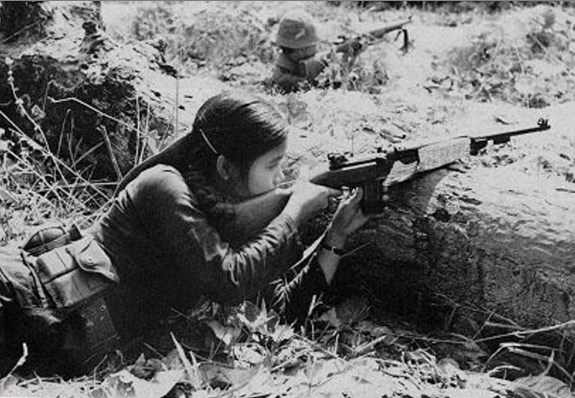
Each chapter is dedicated to one of several locations she visited. In an introduction and at the beginning of every chapter, Buchanan provides brief historical context about these sites, which includes explaining the events in the war that involved them. She’s eager to be critical of the United States here, offering statistics and figures that easily show the grotesque violence the empire unleashed during the war. The author even goes as far as questioning official U.S. government statistics and countered with the Vietnamese state’s data. (p. 165) However, this is where Buchanan’s book falls into the banal trap of performative criticism. Reminiscent of Oliver Stone’s TV series, “Untold History of the United States” (2012-13), providing facts and statistics that counter the imperial narrative (while important) do not nearly equate to an anti-imperialist analysis. While Buchanan is critical of the war, she is not critical of U.S. imperialism or, by extension, the question of national self-determination, which was at the core of the conflict covered in her book.
Buchanan wastes no time making her position clear in the first chapter. She includes a long, melodramatic interview with an actor who had joined the National Liberation Front (or Việt Cộng). But decades after the country reunited as one Vietnam, that person is critical of the revolution. The author is sure to include a tirade that frames China as an enemy of the Vietnamese people, standing in opposition to the United States’ “rule of law” and “freedom.” (p. 47) She continues this Cold War-era hysteria by leveling stereotypical anti-communist criticisms against the current communist-run Vietnamese state—authoritarianism, repression, corruption. But where is the “unique perspective” described on the cover flap? Buchanan provides no context, no opposing arguments, no critical thinking. She continues this theme of intentional ignorance throughout the rest of the book. In chapter 2, when visiting the Temple of Lady Triệu, she questions whether the revolution was feminist. (p. 67) This despite quoting Ho Chi Minh’s thoughts on the oppression of women under colonialism and Buchanan noting that the Women’s Union funds the feminist temple. Interestingly, the author fails to ask any of the Vietnamese women she interviewed about the feminist character of the revolution, nor makes any attempt to answer with statistics. In fact, the performative question in and of itself displays her ignorance about the goals of the revolution and the subject she claims to cover in the book.
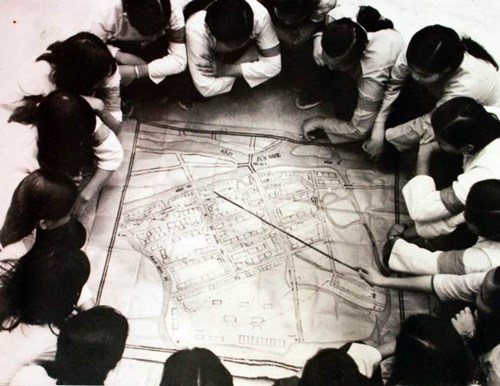
Buchanan doesn’t stop at feigned ignorance. She actively stokes the racist, anti-communist fires within the Western psyche. In this way, the author completely fails the people whose perspective she claimed to value. Throughout the chapters, she does not shy away from throwing unsubstantiated claims of despotism or repression at the Vietnamese state. Yet, she spends no energy or effort speaking to the gains of the revolution. It’s as if Buchanan is uninterested in the obstacles that the people—including women—overcame to rebuild after the war or what the state has been able to provide its citizens. This is an excusable error for a book that claims to portray the experiences of the women who fought and defended the Ho Chi Minh trail. The author underlines her imperialist opinion of Vietnamese feminism with the usual Red Scare trimmings. She puts “liberated” in quotation marks when referring to territory from which the People’s Army and Việt Cộng expelled the imperialists, uses the term “indoctrinated” when referring to those who fought for the north, and even quotes a deacon who complains church land was “stolen by the locals” following the triumph of the revolution. (p. 208) In fact, in the final chapter, the author almost unconsciously praises what she perceives as capitalism creeping into the country, salivating over the presence of restaurants that serve $200 meals (p. 233) and designer stores (p. 246). If only Buchanan could see her own internalized indoctrination here, celebrating inaccessibility while belittling a popular guerilla movement which resisted the most violent war machine ever created.
Toward the conclusion of the book, as Buchanan enters Ho Chi Minh City, she intensifies her hollow attacks on the Vietnamese state. She devotes a large portion of the final chapter to another sensationalized scene when they visit two cemeteries—one for soldiers who fought for the revolution and one for those who fought for imperialist interests. Rather than contemplate the complex legacy of a Cold War-era invasion that divided a people or the violent colonialism that made the long war for liberation a necessity, she simplistically insinuates the state is vengeful and petty. Perhaps the most telling interaction Buchanan records in the book, though, is an unplanned encounter with a U.S. veteran who fought for the empire. Again here, the author fails to seek a “unique perspective.” Instead, she glorifies the invader, who claims he “worked with fighter pilots to help them do what they could to not injure civilians” (p. 220), and empathizes with his crocodile tears about being called a “baby killer” upon his return to the United States. Buchanan feigns pushback against his unproven claims that “the government (of Vietnam) treated [the highland indigenous peoples] terribly, cutting off women’s breasts and men’s achilles tendons,” and that “when [he] got to Vietnam [he] was told (reviewer’s italics) that the Việt Cộng came into villages and routinely killed a baby or a child to terrorize the people.” (p. 221) In the epilogue, she returns to this interaction by honoring the “courage” it took for this vet to return to the country to “do something (reviewer’s italics).” (p. 249)
Sherry Buchanan’s On the Ho Chi Minh Trail, while exciting in its proclaimed focus, is yet another example of the pitfalls of liberalism. The author’s misconception that criticizing a few isolated events equates to a “unique,” let alone anti-imperialist, perspective leads the book to speak more to the depressing ignorance of so-called progressives in the West than to the experiences of Vietnamese women during the war. While many of the anecdotes conveyed in the book humanized the war in a way that was certainly refreshing, Buchanan’s displaced patriotism undermines any meaningful significance. Despite her supposedly critical view of the war, the author ultimately served to defend pillars that uphold U.S. imperialism. If anything, what the book highlights for the reader is the importance of understanding what anti-imperialism means. Without it, criticisms of the West coming from liberals essentially equate to nothing more than white saviorism. The only allyship from the West of any value is true, revolutionary solidarity—solidarity that rejects Western capitalist assumptions of supremacy and stands firm in its defense of all anti-imperialist movements.
Nick Flores is a co-founder of and organizer with Bushwick, Brooklyn-based G-REBLS, a grassroots organization as well as a member organization of the Black Alliance for Peace’s Solidarity Network. Nick holds a double-major bachelor’s degree in history and Latin American studies.

